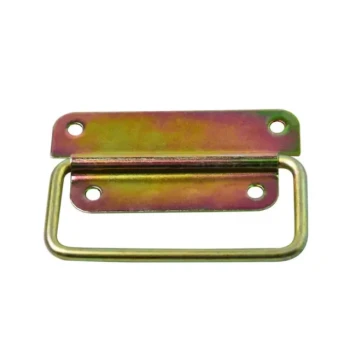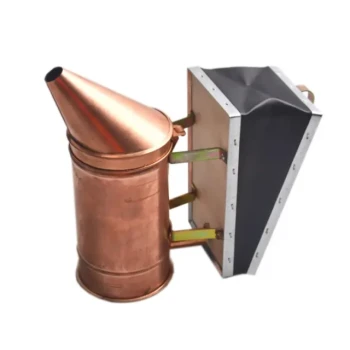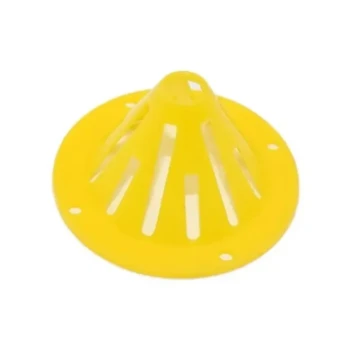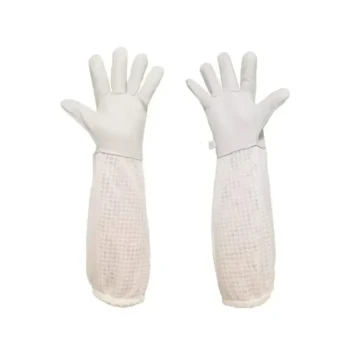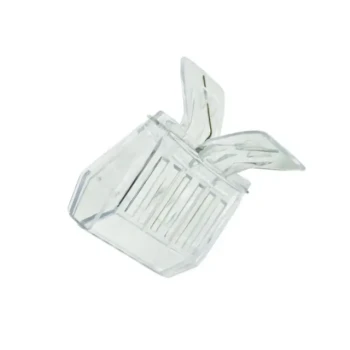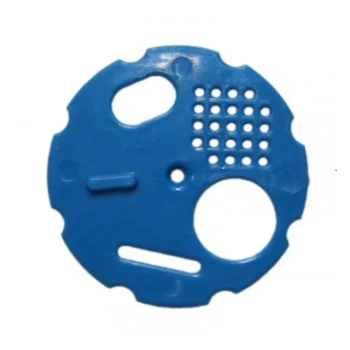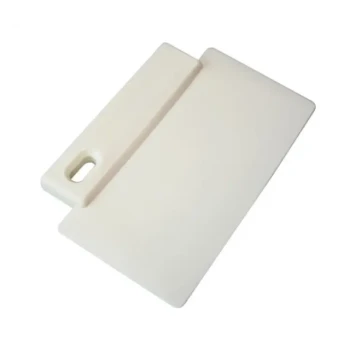To be clear, no, honey bees do not stop foraging if you feed them syrup. Their instinct to seek out natural nectar is incredibly powerful and they will always prefer it when it's available. Sugar syrup is merely a supplement that helps them bridge the gaps during times of scarcity.
The core principle to understand is that bees are biologically hard-wired to forage for diverse, natural resources. Supplemental feeding is a beekeeper's tool to support a colony, not a replacement for its innate drive.
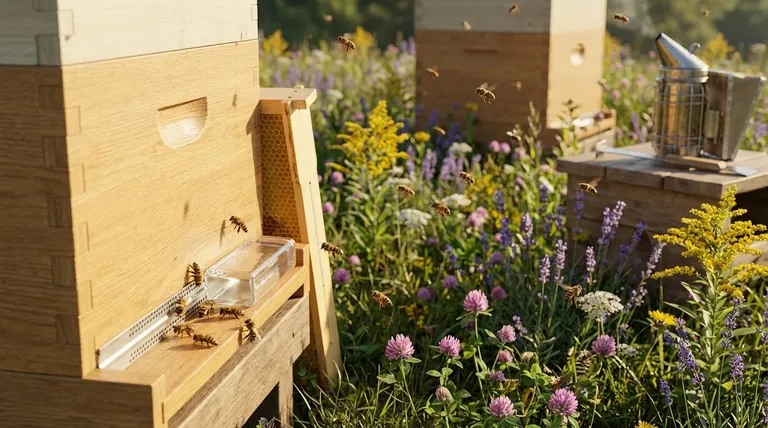
The Unwavering Instinct to Forage
Understanding why bees don't stop foraging is key to managing your hives effectively. Their behavior is driven by millions of years of evolution, not just the presence of an easy meal.
Hard-Wired for Natural Nectar
A honey bee’s drive to collect nectar is a fundamental, unchangeable instinct. Foraging is not just about calories; it's about securing the long-term health and survival of the colony.
Even with a feeder full of syrup, scout bees will continue to search the surrounding environment for flowering plants. If a rich nectar source is found, the colony will shift its focus to gathering it.
The Superiority of Nectar
Natural nectar is a complex substance containing not only sugars but also amino acids, proteins, minerals, and aromatic compounds. These micronutrients are vital for brood rearing and overall colony health.
Sugar syrup, by contrast, is a simple carbohydrate solution. It's the equivalent of "fast food" for bees—it provides energy but lacks the complete nutrition they require.
The Real Risks of Overfeeding
While feeding won't stop foraging, improper feeding can cause significant problems. The danger isn't that your bees will become lazy, but that you will disrupt the natural architecture and function of the hive.
Crowding the Brood Nest
The most significant risk of overfeeding, especially during spring and summer, is that bees will store the excess syrup in the brood chamber.
This fills cells that the queen needs to lay eggs, a condition known as being "honey bound" (or in this case, "syrup bound"). This directly restricts population growth and can weaken the colony.
Contaminating the Honey Supply
If you feed syrup while honey supers are on the hive, the bees will store it there. This syrup-nectar mixture cannot legally or ethically be called honey.
It dilutes the quality and flavor of the final product and undermines the integrity of your harvest. All feeding should cease before you intend to collect honey for human consumption.
Inciting Robbing Behavior
Spilled syrup or poorly designed feeders can attract bees from other colonies, leading to a "robbing" frenzy.
Robbing is when one hive attacks another to steal its stores. This is a violent, often devastating event that can quickly destroy a weaker colony.
Making the Right Choice for Your Goal
Using syrup is a strategic decision that depends entirely on your objectives for the colony at a specific time of year.
- If your primary focus is establishing a new colony: Feed a light (1:1) syrup continuously to encourage them to build wax comb and grow their population.
- If your primary focus is honey production: Stop all feeding before placing honey supers on the hive to ensure a pure, untainted harvest.
- If your primary focus is winter survival: Feed a heavy (2:1) syrup in the fall, after the main nectar flow has ended, to ensure the colony has enough stores to last until spring.
Ultimately, view supplemental feeding as a precise tool to be used only when the colony's needs exceed nature's supply.
Summary Table:
| Feeding Goal | Recommended Syrup Ratio | Timing | Key Consideration |
|---|---|---|---|
| Establish a New Colony | 1:1 (sugar:water) | Continuous during initial setup | Encourages wax comb building and population growth |
| Winter Survival | 2:1 (sugar:water) | After main nectar flow ends in fall | Ensures adequate winter stores without disrupting honey production |
| Honey Production | Stop all feeding | Before placing honey supers | Prevents syrup contamination for a pure honey harvest |
Optimize Your Beekeeping Operations with HONESTBEE
As a commercial apiary or beekeeping equipment distributor, you understand the critical balance between supplemental feeding and natural foraging. HONESTBEE supplies high-quality, durable beekeeping supplies and equipment designed to support large-scale operations. Our wholesale-focused solutions help you manage hives efficiently, prevent issues like overfeeding, and maximize honey production.
Let us be your trusted partner in beekeeping success. Contact HONESTBEE today to discuss your wholesale needs and discover how our products can enhance your apiary's productivity and health.
Visual Guide
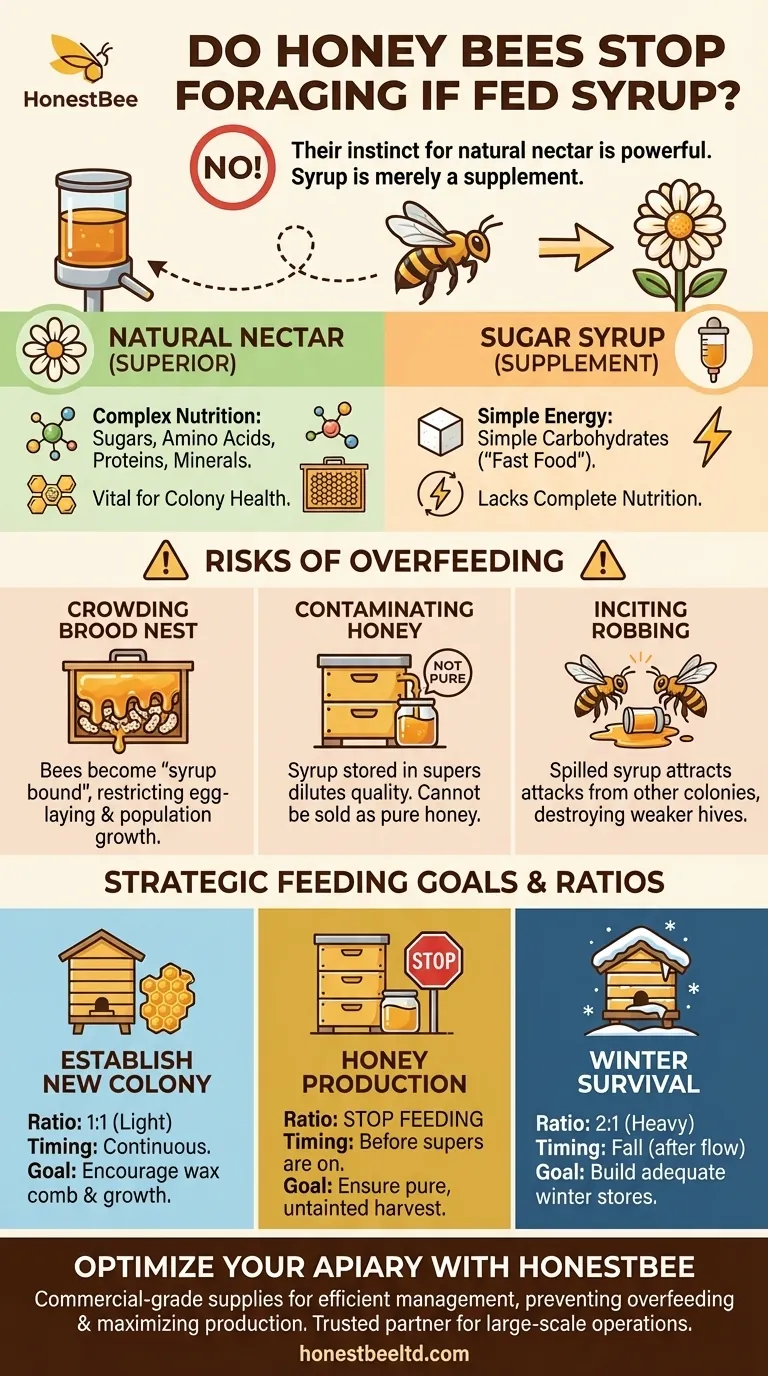
Related Products
- Professional Galvanized Hive Strap with Secure Locking Buckle for Beekeeping
- Wooden Queen Bee Excluder for Beekeeping
- Automatic Honey Flow Beehive 4 Frame Mini Hive for Beekeeping
- Professional Plastic Queen Excluder for Modern Beekeeping
- Professional Drop-Style Hive Handles for Beekeeping
People Also Ask
- How can a beehive be physically secured against harsh winter weather? Expert Winterizing Strategies for Your Apiary
- How should a cam buckle strap be installed for optimal performance? Master the Leverage for Maximum Tension
- What is the best length for straps used around beehives? Why 12 Feet is the Industry Standard
- What are the types of Emlocks available? Choose the Right Strap for Hive Security
- What are hive straps and why are they used? Secure Your Hives Against Wind, Predators, and Transport




